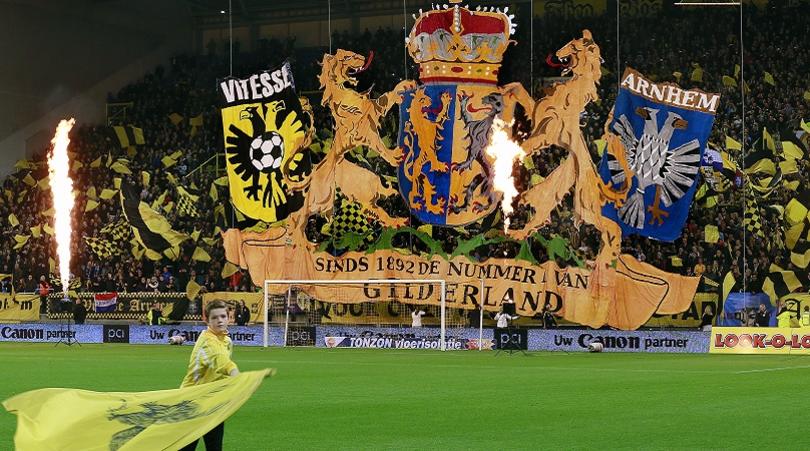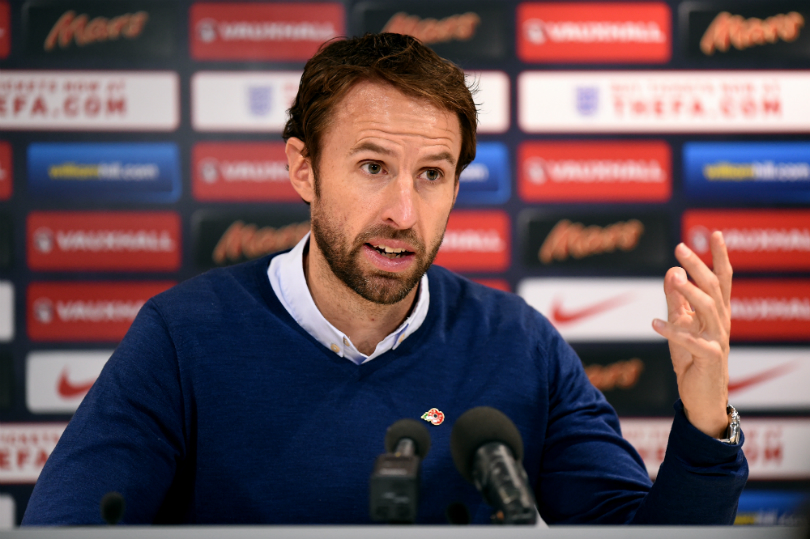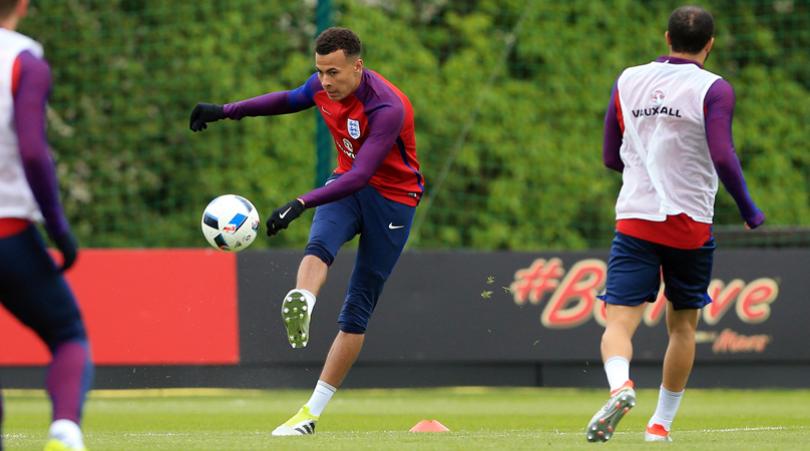What the Toulon tournament taught us about the future of England
England's success at the annual Toulon tournament shows how bright and talented our young generation are, says Seb Stafford-Bloor

On Sunday, for the first time in 22 years, England lifted the trophy, beating an U20 French team 2-1 in the final
The annual Toulon Tournament is a strange spectacle. Played on rough pitches in nondescript French stadiums and in front of sparse crowds, it does lack some gravitas. Coaching instructions boom from the touchline and the players can be heard calling to one another; it's an atmosphere that belongs more to an academy friendly than an international tournament.
On Sunday, for the first time in 22 years, England lifted the trophy by beating an U20 French team 2-1 in the final and completing their march through the tournament. Five games played; five won; 15 goals scored; two conceded. It was as impressive as it sounds and, even though it's not an achievement upon which lofty future projections should necessarily be based, it collectively represented one of the most satisfying English performances for a long while.
For all its parochialism, Toulon offers an interesting test. This year, Gareth Southgate's side faced opponents from four different continents and, with that, a range of different challenges. Between Portugal, Japan, Paraguay and Guinea in the group, to the French in the final, England were thoroughly examined and yet rarely troubled – and perhaps within that lays an encouraging truth: these age group sides are starting to regularly perform as actual teams. While the common fallacy is that this country doesn't produce enough talent, the truth is that the failing occurs far later: the talent is often there, but those individuals' suitability to becoming part of an organised structure generally isn't.
Team talent and individual brilliance
This was a success enabled in part by a slightly different approach: one which preached the value of cohesion over individual flair and showed the worth of malleable footballers
Toulon in 2016 was a clear departure from that. Southgate's side were cohesive and structured, well-oiled in attack and difficult to play through. While the quality of players available – and the amount of professional experience they have between them – made that possible, this was a success enabled in part by a slightly different approach: one which preached the value of cohesion over individual flair and showed the worth of malleable footballers. Happily, that's a theme which now seems to be pulsing up and down England's representative levels.
Still, it would be reductive to ignore the individual ability that does exist at this level. James Ward-Prowse and Calum Chambers will already be known to most, as will Duncan Watmore, Ruben Loftus-Cheek, and Nathaniel Chalobah, but they were also supported by less familiar players who also evidently have bright futures.

Lewis Baker, a Chelsea loanee who spent 2014/15 at Vitesse, furthered his reputation as a technically blessed midfielder, but used the Toulon stage to demonstrate his clear progression over the last year. Baker was part of Aidy Boothroyd's Toulon squad in 2015 and was, while neat and tidy, largely peripheral.
Get FourFourTwo Newsletter
The best features, fun and footballing quizzes, straight to your inbox every week.

What's it like to be a feeder club? How Vitesse fans really see their Chelsea partnership
Twelve months on, every aspect of his game has developed and both the timing of his forward runs and quality of his finishing have unquestionably improved. Ultimately, he was the tournament's top scorer and England's most consistent player. Antonio Conte may not be quite ready to give him an extended opportunity at Stamford Bridge, but Baker is clearly now nuanced enough to be an asset to another Premier League club.
Dominic Iorfa, Wolverhampton Wanderers' full-back, has grown immeasurably too. A defensive liability in 2015 and slightly clumsy in possession, he started 42 games in the Championship last season and has clearly been refined by that exposure. No longer drawn into making rash challenges and far less frequently caught out of position, he has not only improved his literal ability, but – under Southgate and, more regularly, under Kenny Jackett at Molineux – has also furthered his understanding for his position.
He, like others within his generation, is no longer just an individual player with raw abilities, but a component who belongs in the mechanism. He performs well on the ball, certainly, but has evidently also developed pleasing tactical habits and a tendency of being in the right place at the right time.

There are others. Goalkeeper Jordan Pickford was protected for much of the tournament by resilient defending, but his command of the penalty box and the decisions he made were integral to England's maturity. Though injured in the early stages of the competition, Leicester's Ben Chilwell (previously on loan at Huddersfield) also gave a fine account of himself; a skilful full-back with useful acceleration, he bears more than just a physical resemblance to Everton's Leighton Baines.
However, the centrepiece of Southgate's success in Toulon was his four-man diamond midfield: Loftus-Cheek occupying the advanced role, Chalobah as the anchor, and Baker and Ward-Prowse as the go-betweens. All four are gifted players, but the cohesion with which they operated was extremely impressive and, ultimately, the reason for England's success.
Each of them has played top-flight football in Europe this season and clearly been emboldened by that experience. They are gifted, certainly, and they provided an enviably broad range of attributes, but they weren't just the sum of their parts – rather, they were a unit forged from tactical discipline: when to press; when to cover; when to move into attacking positions and how to use the ball.

An educated generation
For anyone who has suffered through decades of English midfield dysfunction, that unit was heartening to watch. It was aesthetically pleasing, of course, but it also exhibited those players' intangible strengths, such as their apparent receptiveness to tactical instruction and ability to adapt to a game as it changed around them.
Those are qualities expected in anyone who has reached the professional level, but too often they've been absent from English sides. This generation is different, though – they seem to be the product of a far more rounded footballing education. They switch between styles and temperament smartly and possess multiple mental gears. They represent the beginning of our digital era.
Beneath the tangible reward of success in Toulon lay another warming truth: although comprised of players who have grown accustomed to large crowds and feverish atmospheres, Southgate's squad showed faultless professionalism throughout. Though only an underlying positive, the levels of application considering the empty stadia and the lack of consequence were impressive; England were represented by players who enjoy the security of big-club contracts and who had need to impress the attending scouts.
Regardless of their performance, none of their lives were ever going to be changed by the outcome. But there was no visible holiday attitude – conversely, they bulldozed their way through the competition without a hint of complacency.

To another nation, one which has enjoyed more recent success, this would probably be an incidental triumph – and actually, within the context of the senior international game, it does to England.
But the value is in the texture and in what it says about not only the type of player this country is starting to produce, but how well its teams are being constructed. Toulon wasn't a one-off. Increasingly, those who watch England's performances in these age group competitions are rewarded with teams who radiate progress and which suggest that, if not spectacular, the future is still far brighter than it was.
There may not be a Cristiano Ronaldo or Lionel Messi on the horizon, but there might just be something good.
Seb Stafford-Bloor is a football writer at Tifo Football and member of the Football Writers' Association. He was formerly a regularly columnist for the FourFourTwo website, covering all aspects of the game, including tactical analysis, reaction pieces, longer-term trends and critiquing the increasingly shady business of football's financial side and authorities' decision-making.

